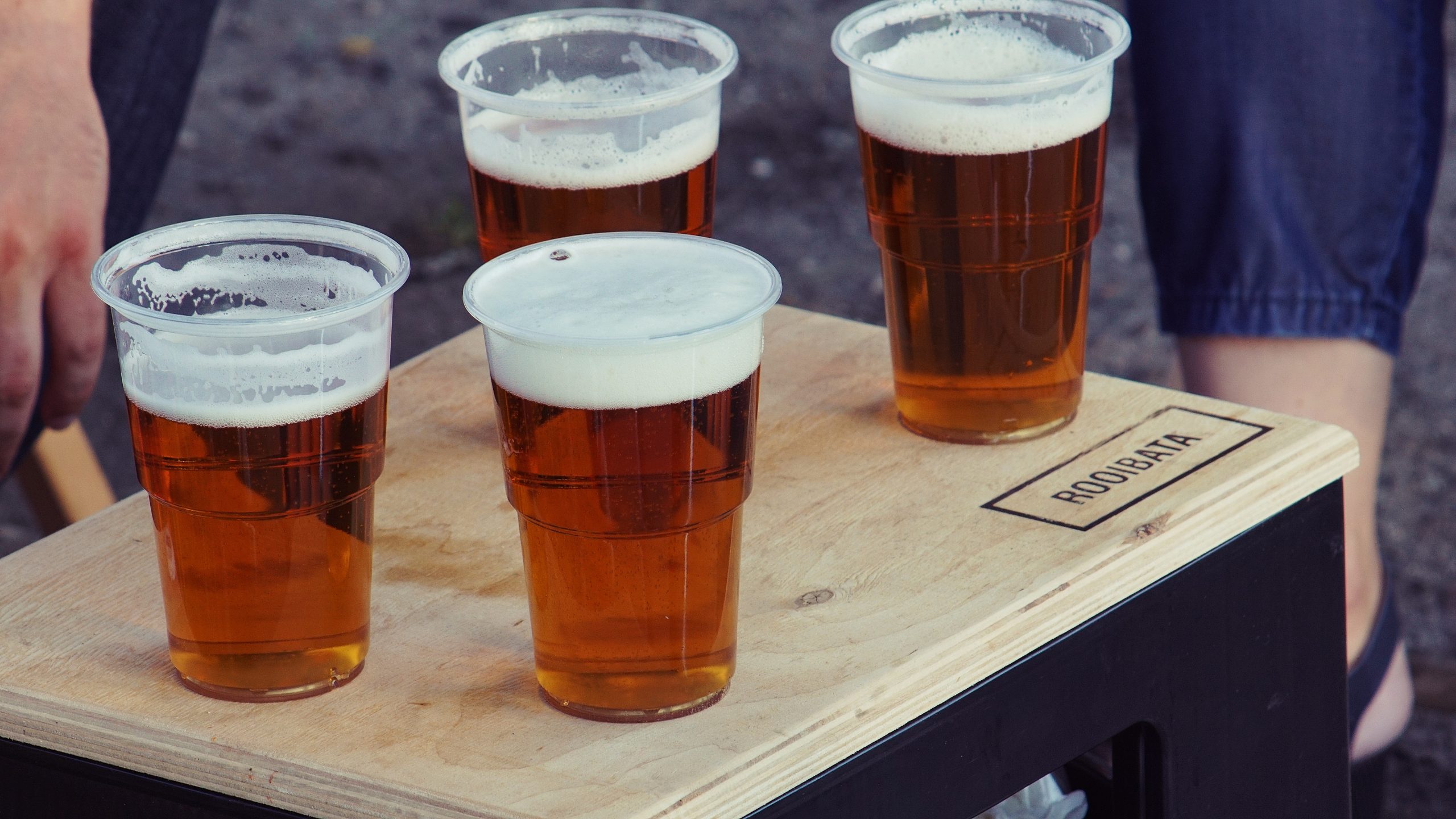- Immaculately Clean Facility
- Fully stocked changing rooms and showers
- FREE Body Scan
- FREE towel service
- Nutrition Coaching & Accountabiliy
- Expert coaches
Skip to content
If you’ve noticed you’ve put on a few extra pounds, but you’re eating healthy and working out regularly, maybe there’s another reason besides diet and activity level causing it. Are you having a few drinks containing alcohol to wind down when your day is done? That regular consumption of alcohol may be the cause of your weight gain. It’s more than just about the calories it contains. It’s about how the body digests the alcohol.
Yes, some alcoholic drinks offer benefits, but don’t let that fool you.
A glass of red wine may provide some health benefits from the resveratrol it contains, but you can get those same benefits from drinking grape juice, or better yet, eating grapes. One study focused on moderate drinking compared to those who abstained. One drink or less a day for women and two drinks a day or less for men is moderate alcohol consumption. They found drinking in moderation reduced the risk of Alzheimer’s or dementia. While it may provide health benefits, so do other foods and drinks that don’t cause weight gain.
Consuming alcohol slows the fat-burning process.
When you drink, your body burns off the alcohol first, before it starts on the energy from other food. That causes a problem with how the body uses glucagon. Glucagon works the opposite way insulin does. It helps prevent blood sugar from being too low and increases blood sugar levels. It also burns off fat. Your body processes glucagon first to eliminate it from the body, just like any toxin. When it’s doing that, it ceases other functions, such as burning fat. Digesting alcohol spikes blood sugar levels, which also means they drop dramatically. That leaves you ravenous, even though the drink may have contained several hundred calories.
Like sugary products, most alcoholic drinks contain empty calories.
If you consume empty calories, you only get energy without other nutrients. The body focuses on burning the alcohol first, so the calories from other food are stored as fat. If you’re a female with low estrogen levels, those calories are stored as fat around the midsection—belly fat—due to an enzyme called Aldhlal—Aldehyde Dehydrogenase lAl.
- Drinking alcohol can stimulate the appetite. One study compared people who had an alcoholic drink before dinner to those who had a soft drink. Those who drank alcohol ate more than those that didn’t.
- Even if you drink moderately, if you do it regularly, the alcohol still spikes your blood sugar levels, which can lead to insulin resistance and diabetes. Insulin resistance makes weight loss more difficult.
- Consuming alcohol can reduce metabolism by making it more difficult to build muscles. It reduces the body’s testosterone levels. The lower the testosterone levels, the more difficult it is to build muscle tissue.
- Each gram of alcohol has two times the calories of protein and more than most carbohydrates. It’s slightly less than fat, but still very close to it with fat containing 9 calories per gram and alcohol containing 7 calories per gram.
For more information, contact us today at Team-ISC



